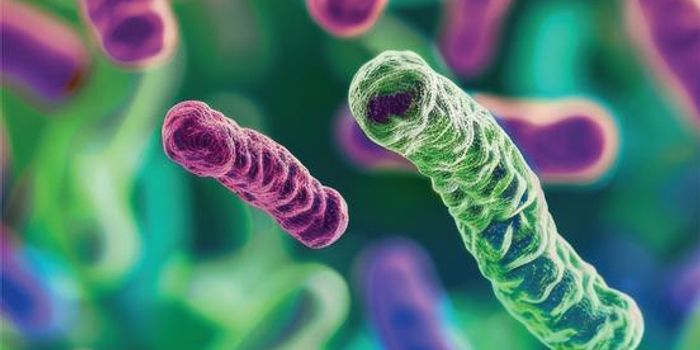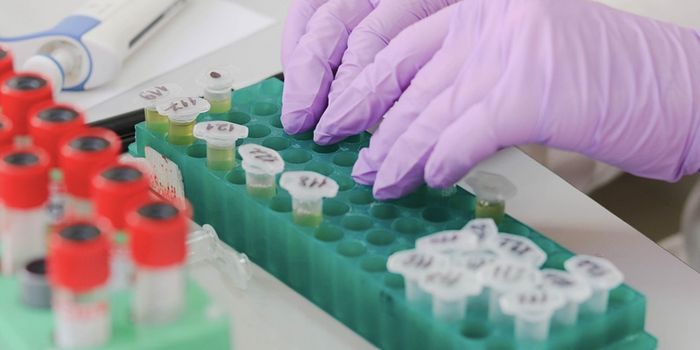Trial Flop: Experimental Asthma Treatment Makes Symptoms Worse
One causes red, scaly patches on the skin, and the other triggers breathing difficulties, but there are some common threads between psoriasis and asthma. Most notably, they are both caused by uncontrolled immune responses.
With this overlap in mind, researchers hypothesized that a monoclonal antibody therapy used to treat psoriasis, risankizumab, may help relieve asthma symptoms. However, trial results published in the New England Journal of Medicine showed the opposite to be true—the treatment made asthma worse.
Risankizumab, marketed under the name Skyrizi, is a medication for patients with moderate to severe plaque psoriasis. It works by inhibiting an immune modulator called interleukin-23, or IL-23, an inflammatory cytokine. IL-23 is churned out by macrophages, gamma delta T cells, monocytes, and other immune cells. In the case of patients with psoriasis, dendritic cells in the skin express elevated levels of IL-23, which contribute to the development of psoriatic lesions.
IL-23 is also important in the context of asthma. The cytokine has been shown to flare up inflammation in the airways, which led researchers to seek therapeutic means of blocking this inflammatory cascade.
An international study involving researchers from the UK, Canada, and Belgium tested the potential of risankizumab treatment for asthma in a cohort of over 200 patients. Around half were given the therapy via injection every four weeks for just over five months. The other half received a placebo.
Disappointingly, those who received the psoriasis drug experienced more pronounced asthma symptoms sooner: getting poorer scores in diagnostic breathing tests and becoming increasingly reliant on inhalers and steroid tablets to manage their condition. To understand the underlying mechanism behind these worsening symptoms, the researchers analyzed the gene expression profiles of immune cells in the airway of these participants. They showed that risankizumab dampened the expression of immune molecules that functioned as shields against airborne infections, offering a possible explanation for worsening asthma.
“We think risankizumab reduces the presence of substances in the airways that are important factors in preventing infections, which probably makes the patients’ symptoms worse,” said senior investigator on the study, Chris Brightling. “This theory is backed by molecular profiling, which shows reduced levels of these substances in samples taken from patients on the trial.”









